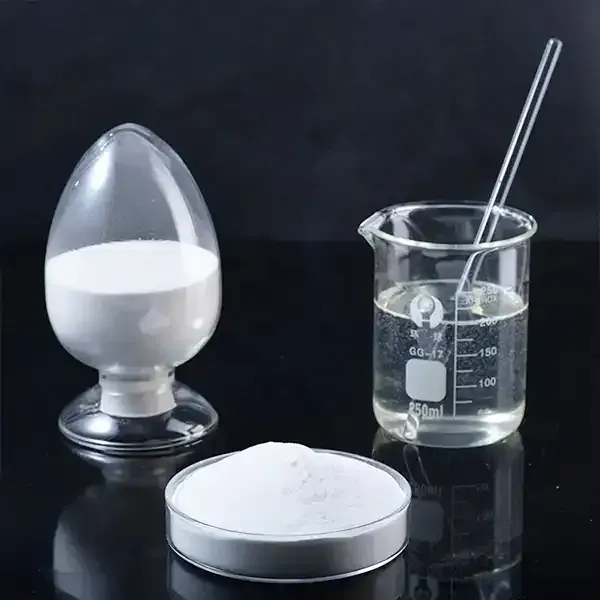Hydroxyethyl Cellulose A Versatile Polymer in Industrial Applications
Hydroxyethyl cellulose (HEC) is a non-ionic, water-soluble polymer derived from natural cellulose. It is synthesized through the reaction of cellulose with ethylene oxide in the presence of a catalyst. This functionalization of cellulose provides HEC with unique properties, making it an essential ingredient in various industries, ranging from pharmaceuticals to cosmetics and construction.
One of the most appealing attributes of HEC is its ability to dissolve in water, forming a clear and viscous solution. This characteristic is particularly beneficial in pharmaceutical formulations, where it is used as a thickening agent, stabilizer, and controlled-release matrix. HEC enhances the rheological properties of liquid formulations, allowing for improved texture and viscosity. Furthermore, it plays a crucial role in suspending active ingredients, ensuring a uniform distribution and consistent release rates. As such, hydroxyethyl cellulose is commonly found in oral, topical, and injectable drug formulations, contributing to enhanced bioavailability and patient compliance.
In the cosmetic industry, HEC is valued for its emulsifying and thickening capabilities. It helps stabilize emulsions, preventing the separation of oil and water phases in creams and lotions. This stability not only prolongs the shelf life of cosmetic products but also improves their application on the skin, offering a smooth and luxurious feel. Additionally, with its water-retention properties, HEC aids in moisturizing formulations, making it a popular choice in products designed for hydration.
hydroxyethyl cellulose

Another significant sector utilizing HEC is construction. As a key ingredient in cement-based materials, hydroxyethyl cellulose acts as a water-retaining agent, enhancing the workability and durability of mortars and plasters. It helps control the consistency of these materials, allowing for easier application and reducing the risk of cracking during curing. The incorporation of HEC also improves adhesion properties, making it an invaluable additive in tile adhesives and other construction formulations.
Moreover, HEC finds applications in food processing, where it is employed as a thickener and stabilizer. Its ability to improve the texture of various food products, combined with its non-toxic nature, makes it an ideal choice in food formulations, enhancing mouthfeel without altering flavors.
Despite its versatility, the production and use of hydroxyethyl cellulose are regulated to ensure safety for consumers and the environment. Manufacturers must adhere to strict guidelines regarding purity and quality, ensuring that HEC meets the highest standards across various applications.
In conclusion, hydroxyethyl cellulose is a remarkable polymer that plays a vital role across multiple industries. Its unique properties—such as water solubility, thickening capabilities, and stability—make it a preferred choice in pharmaceuticals, cosmetics, construction, and even food processing. As research continues to advance, HEC's versatility is likely to foster innovation in product formulations, demonstrating its enduring significance in modern applications.
-
Rdp Powder: Key Considerations for Wholesalers in the Building Materials IndustryNewsJul.08,2025
-
Key Considerations for Wholesalers: Navigating the World of Hpmc - Based ProductsNewsJul.08,2025
-
Hpmc Detergent: Key Considerations for WholesalersNewsJul.08,2025
-
Key Considerations for Wholesalers: China Hpmc For Tile Adhesive, Coating Additives, Concrete Additives, and MoreNewsJul.08,2025
-
Crucial Considerations for Wholesalers: Navigating the World of Construction MaterialsNewsJul.08,2025
-
Key Considerations for Wholesalers Sourcing Additive For Cement, Additive For Concrete, Additive For Putty from Additive Manufacturer Shijiazhuang Gaocheng District Yongfeng Cellulose Co., Ltd.NewsJul.08,2025




